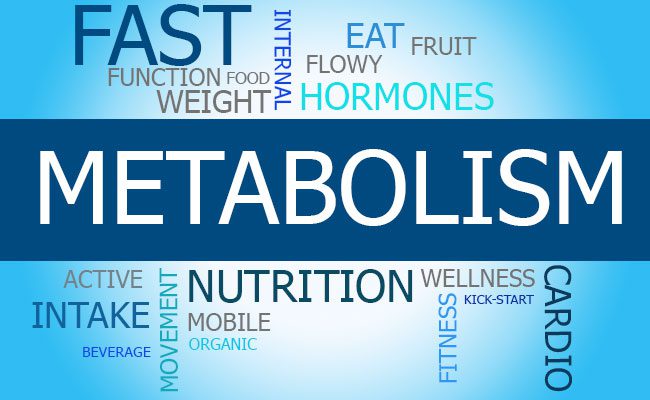Last week Uncle Bud left us hanging as to what Basal Metabolic Rate really means. Some of the guys are joking as they walk in saying it is much easier to get the information from Uncle Bud than read it for themselves. We are lucky this is a Coffee Club and not a classroom.
We can see from the window that we have a nice surprise today. Uncle Bud’s wife, Sally, is with him. She is a sweet and lovable person. Sally has a pleasant smile and a contagious laugh. She enjoys good health but is not the “health nut” Uncle Bud tends to be. At least she is not as verbal about her routine as he. Sally enjoys a good joke at Uncle Bud’s expense just as much as we do. She tells us that he has information for us that may make some of us his enemy. Then she adds that that is good because all his old enemies are beginning to like him. We can see that happening. Once you know the guy you have to love him. He can be so obnoxious at times, but we have learned, that is because he has such a passion for helping his friends understand the importance of doing what they can to enjoy good health.
Uncle Bud enjoys having Sally with him so much that it is actually one of the members who remind us it is time to start our discussion.
So Uncle Bud begins: What are the factors that determine our Basal Metabolic Rate?
- Muscle Mass – Muscle mass is the amount of muscle tissue on your body. Muscle takes more energy to function than fat takes. Therefore, the more muscle tissue you have the more energy your body needs to exist. All exercise is helpful in boosting muscle but resistance or strength training is the most effective for increasing muscle mass.
- Age – There is that that word again. Your metabolic rate generally slows as you age. This is due to loss of muscle tissue and because of hormonal and neurological changes.
- Body Size – Those with larger bodies tend to have a higher BMR. Taller people have a larger skin surface so their bodies may have to work harder to maintain a constant temperature.
- Gender – As men are usually larger than women, they tend to have a faster metabolism. Ladies does that seem a little unfair?
- Genetics – Genetics can have a role in whether you have a fast or slow metabolism. Some genetic disorders also affect your metabolism.
- Physical Activity – Uncle Bud points out that this is the main factor we have control over. We got the opinion he wanted to say more about this but didn’t after Sally has told us he may make some enemies today.
- Hormonal Factors – Hormonal imbalances caused by certain conditions can affect our metabolism. For example hypo and hyperthyroidism both can affect metabolism.
- Environmental Factors – Can you believe even the weather can have an effect on your metabolism. The body has to work harder to maintain its normal temperature (that increases the metabolic rate) if the weather is very cold or very hot.
- Drugs – Caffeine and nicotine can increase your metabolic rate but is that a good way to so. Maybe you should look at all the drawbacks of caffeine and nicotine and choose more exercise. Some medication can contribute to weight gain regardless of what you eat. If this is the case you must discuss it with your doctor. Never stop taking your meds without your doctor knowing.
- Diet – Certain aspects of your diet can also affect metabolism. An example of that is not having enough iodine for optimal thyroid function can slow down your metabolism.
So now we know a little more about BMR. Next week we will talk about a few ways to boost our metabolism. We know what is coming….exercise, exercise, and more exercise. Some of us may have to skip. Just kidding, we may not take his advice but we all enjoy hearing him.
